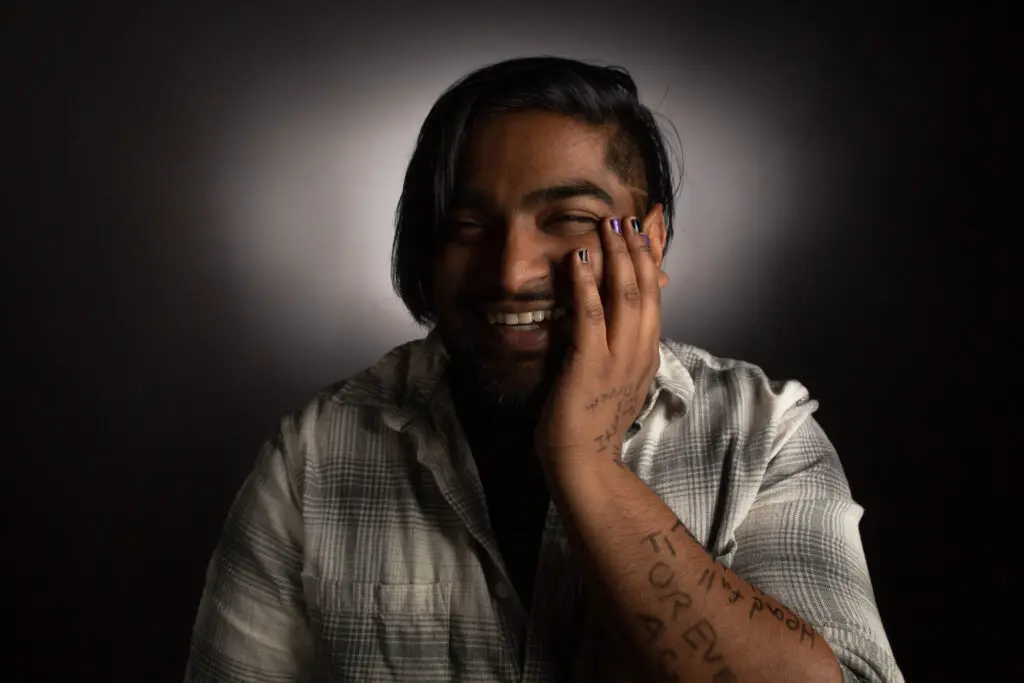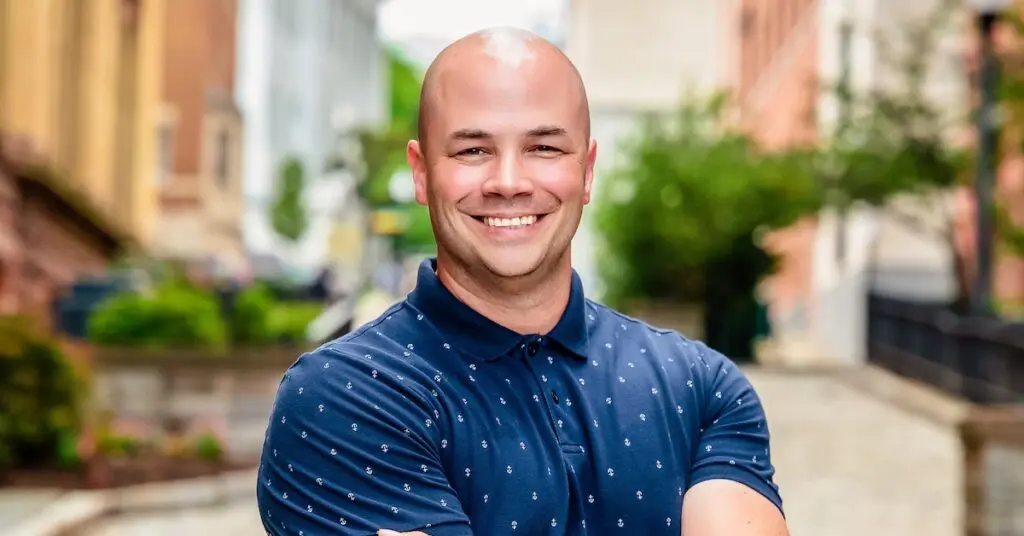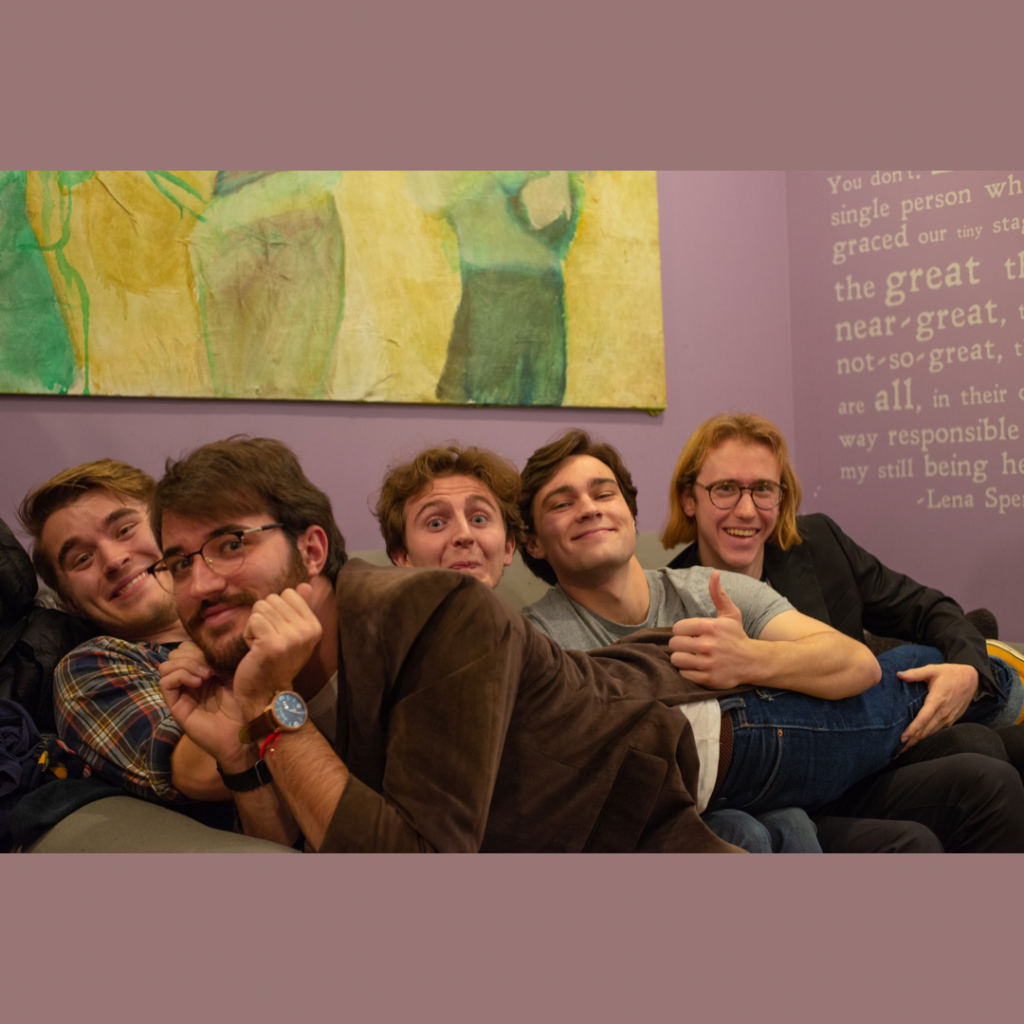Giany Huyghues-Despointes – an Interview by Niki Kaos
By Staff on October 17, 2023
Lengaïa Salsa Brava is a multi-award winning 12-piece orchestra based in Montreal. Giany Huyghues-Despointes’ childhood dream was to play salsa music. The result is this explosively exciting multicultural brass-focused group representing eight different nationalities, which has been touring and recording music since 2012. And I’m here to suggest you bring your dancing shoes for their show coming up at Universal Preservation Hall on Friday, October 20th!
Their latest album released this year on the Lula World Label is Estética De Un Rumbero. I’ve never heard of a salsa band with three trombones and a baritone saxophone before. I caught up with band leader Giany to find out what inspired his love of salsa and learn about his innovative approach to composing music.
RRX: I have a very basic understanding of Salsa music, and I never thought of it coming from a Canadian orchestra. You’ve been doing this since 2012, when you created the group in Montreal. What inspired you to start Lengaïa Salsa Brava?
GHD: I was born in French Guyana by a Cuban father and a French mother. In French Guyana we don’t listen to that much Salsa. But my mom was, and still is, a big fan of eclectic music. So, in my home we were listening to everything.
When I was 11, I was watching T.V., and there was a video of Celia Cruz. I didn’t know who she was, and I was intrigued by the tone of her voice, her characters, and the wigs, and the colorful voice that she had. Two or three months after that, Celia announced a concert in French Guyana! And my mom told me, you know what? I’m going to bring you to every show because you’ve got to see her.
And that’s where it started. I went to the show, and I was overwhelmed by feelings. Seeing the singer, feeling the music, the power of the brass section and the percussion. That was my introduction to salsa, with possibly the best artist ever of the genre. And I decided at a very young age to be a musician, and to dedicate my music to composing and playing salsa.
RRX: That’s amazing! Did you start playing the trombone once you were inspired, or did you try other instruments?
GHD: I actually started with playing piano. That was my first introduction to playing music. I originally wanted to start playing saxophone, but my mom wasn’t sure about it. She said, you know, before you go spending $2,000 on a saxophone, you might want to try out other instruments and make sure this is what you want. So, we tried piano and we tried guitar, and finally I got to play trumpet because one of my Spanish teachers was a trumpet player.
I was really impressed by the trumpet. At some point he invites me to one of his rehearsals, and I was blown away by the instrument. And he gave me a very old trumpet that was functioning and still playing. And I started playing trumpet with this very, very old trumpet. Then after, my mom decided to buy me a really good trumpet for me to be able to play. And so, I got into the music school. And made my way with the trumpet until I went to study. And then from there, I decided to change to the trombone.
RRX: Interesting, and I saw that your orchestration for your current tour is three trombones and a baritone saxophone. They stole you from the saxophone side to the brass side, is that why you use a saxophone in your group? To make up for the fact that you left it behind. Is that just for this tour, or do you always use that line-up? Do you ever write for other instruments in your group?
GHD: No, we have the three trombones and the baritone sax, which is more in the lower brass range. So, we arrange just for trombone and saxophone. In some arrangements, though, on the last album, we have trumpet. So, when we play in the big band section, we have trumpet. But this is really not that often, so you know the backbone when it comes to our brass section.
RRX: That’s pretty cool because I don’t that many groups that focus on that instrumentation. But I do know that when you hear a tight brass section, and the baritone pulls in that bass – it really adds to the texture of the music – I bet you put on a great show that resonates, is lively and fun. You can do a lot with that sound.
I’m curious, explain to me more about your band motto “La salsa dura de siempre con el sabor de ahora”.
GHD: “La salsa dura de siempre” is everlasting music, so “con el sabor de ahora” is with today’s taste. Salsa music, of the 70s, is a very old type of music, but with innovation, with new taste, with new arrangements. This is what the motto is about. We are saying we are playing with the same kind of purpose from where this music was born, but with a different kind of arrangement and with a new touch, to be able to integrate new flavors and a new way to interpret the music.
RRX: Are you influenced by salsa music, but composing your own original music? Or are some things adapted from traditional, known salsa classics?
GHD: Interestingly enough, all of the compositions are 100% original. We write our music. Now when it comes to influence on what I compose, it’s basically not salsa at all. It comes from Nina Simone, from other musical genres. So, my natural inspiration is I try to think outside the box.
I think that we have everything to learn from all types of music. I used to say my music is aggressive, and it is what it is. My music is aggressive in the way we interpret the lyrics, the topics we are touching upon in the song are sometimes very dramatic. For example, we have a song that talks about immigration, about how they have to leave their country. A very complicated situation.
I would have a choice to express myself with a very romantic show, but with no aggressiveness. But the reality of their situation is dramatic, and I express this drama with a very aggressive way of playing. For people to understand that when the music touches you, it’s because it’s strong. It’s powerful. We are trying to encompass whatever topic, whatever subject we are touching upon, with the interpretation. So, the way to do that is to be able to listen to other influences with the same objective.
RRX: I love that. I’m a big fan of music from different genres. I think when you have someone who is a well-rounded listener of different styles of music, they learn that it’s the emotion and the feeling that is expressed through practiced technique that creates the songs. That’s some of the best kind of writing in my book. I admire how passionate you are about including the emotional side of music as part of your creative process.
Are there any teaser songs that you’re excited to play at your show coming up at UPH this Friday?
GHD: Yes, absolutely! One of the hits of the last album is “La Casa de Pepe”, this is a very explosive song, very close to our hearts. I hope people will like it. So “La Casa de Pepe” is my recommendation for a proper introduction to what Lengaïa Salsa is about.
RRX: Perfect! Folks who want to catch this sizzling salsa show can hop over to Universal Preservation Hall’s website to buy their tickets and join the party. Lengaïa Salsa Brava will be performing Friday, October 20th at 7:30pm at Universal Preservation Hall in Saratoga Springs, NY.





 RadioRadioX
RadioRadioX